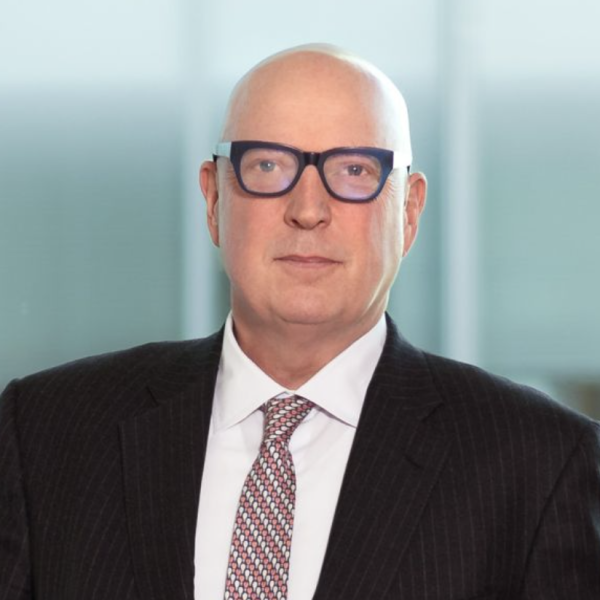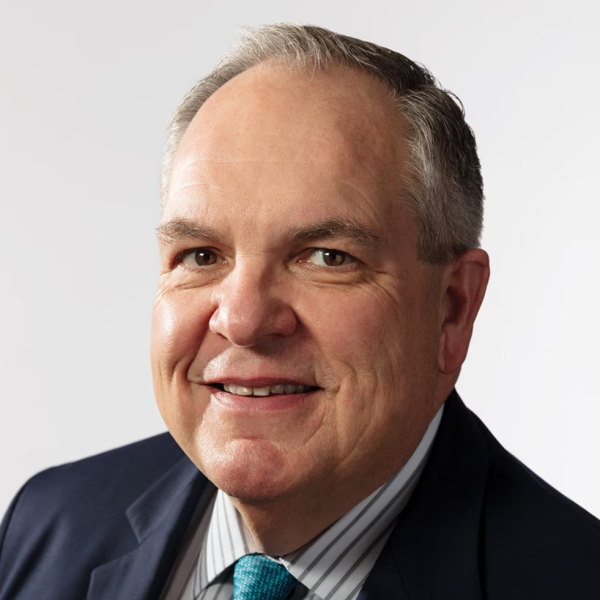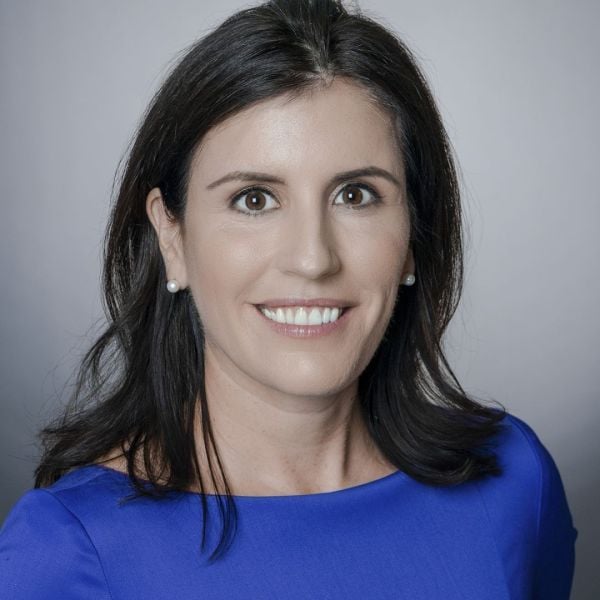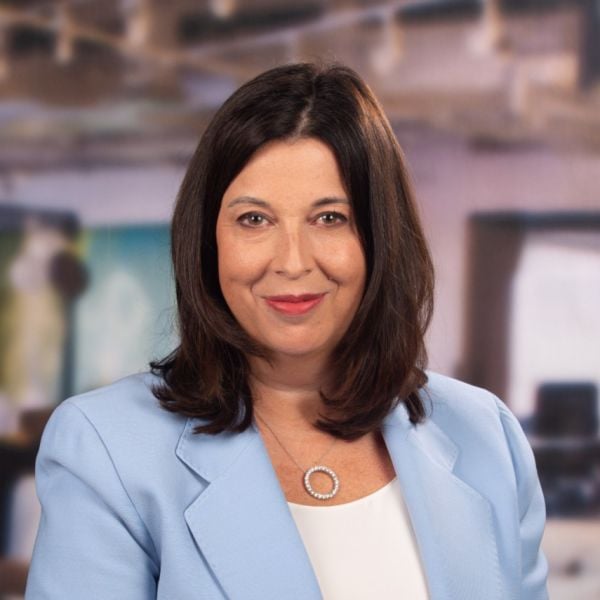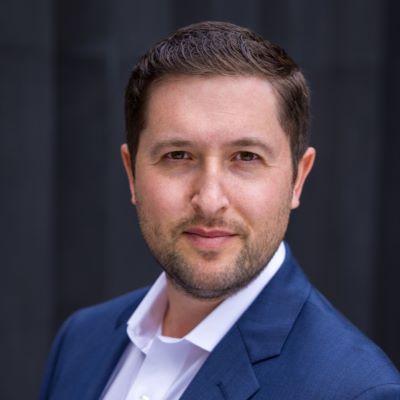Quarterly journal also looks at looming impact of biotechnology on health care, the Sept. 11 Victim Compensation Fund and California's electricity deregulation woes.
LOS ANGELES - Argentina's economy has been in severe recession for four years. Unemployment is approaching 20 percent. Its currency has collapsed.
What happened to Argentina, the "economic miracle" of the early 1990s? What lessons have we learned? And what can be done to bring the country's economy back?
In the latest issue of The Milken Institute Review, Thomas Willett of the Claremont Institute of Economic Policy Studies zeros in on what he finds is the main culprit for its problems: Argentina's decade-long experiment with currency exchange rates.
"The most important lesson of the Argentine crisis is that fixed-rate fundamentalism, not open markets or the Washington consensus, failed Argentina," Willett writes. "Sound money is valuable and fixed-exchange-rate regimes like Argentina's currency board can provide it. Sound money, however, can neither ensure the adoption of, or substitute for, responsible fiscal policy."
Two other important lessons have been learned, Willett writes: One, the dangers of currency-crisis contagion have been exaggerated by the policy community, and two, IMF cash "cannot save countries with fixed exchange rates that have become overvalued."
Also in this issue of the Milken Institute's quarterly economic journal, Douglas Kalish and Geoffrey Thompson of the Haas School of Business at the University of California, Berkeley, outline the looming impact of biotechnology on America's health-care system.
"Rapid advances in science and technology promise spectacular changes in medicine, not to mention spectacular fortunes for investors," they write. "But biotechnology is also creating significant challenges to public policy, further complicating the Byzantine structure of the health care system."
Other highlights:
o Paul Joskow, director of MIT's Center for Energy and Environmental Policy Research, takes an in-depth look at California's experiment with electricity deregulation. "There is little doubt," he concludes, "that California's electricity sector is in a much worse position than it was when the discussion of restructuring began in 1994." But there is hope and Joskow offers some rules to follow when policy makers consider deregulating their utilities.
o Sylvester Schieber, vice president of Watson Wyatt Worldwide pension consultants, examines the formula for compensating victims of 9/11. "One has to wonder," he writes, "if we will not soon regret the haste in setting up the September 11 Victim Compensation Fund. A program meant to take people out of the tort system, but attempting to do so on the cheap, may push people to turn to the courts instead."
o Larry White of New York University's Stern School of Business takes another look at the impact of corporate mergers in light of new data. "Companies in the U.S. are, on average, growing larger, for perfectly good and understandable reasons," he found. "The merger waves of the 1980s and 1990s may have contributed modestly to that trend. But the giants of industry have not been growing appreciably faster than the overall economy; if anything, they have been growing a bit more slowly."
o James Barth, Susanne Trimbath and Glenn Yago of the Milken Institute describe a diverse global financial system that is undergoing significant changes. "The predominant view today is that private markets do a pretty good job of allocating savings," they write, "and that governments should tread lightly in attempting to influence financial intermediation."
o Marsha Vande Berg, editor of The World Report newsletter, explains how one giant German multinational is coping with the challenges of globalism by playing chameleon. "In Germany, Siemens views itself as a relatively conservative blue chip; in America, as an aggressive alternative to General Electric; in China, as part of the national economic miracle.
This issue's book excerpt is from Free Trade Under Fire, by Doug Irwin of Dartmouth College, who analyzes the logic behind the backlash against open trade in general, and the furious opposition to the World Trade Organization in particular.
Finally, the Institute's Bill Frey highlights the growing contrast between cities with and without child-centered families, and the editors surf the World Wide Web to bring you the best (worst?) economist jokes.
The Milken Institute Review is distributed to some 10,000 corporate and financial executives, policy makers, academics and journalists throughout the world. Its editor is Peter Passell, former economics columnist for the New York Times.
To view magazine, click here.

